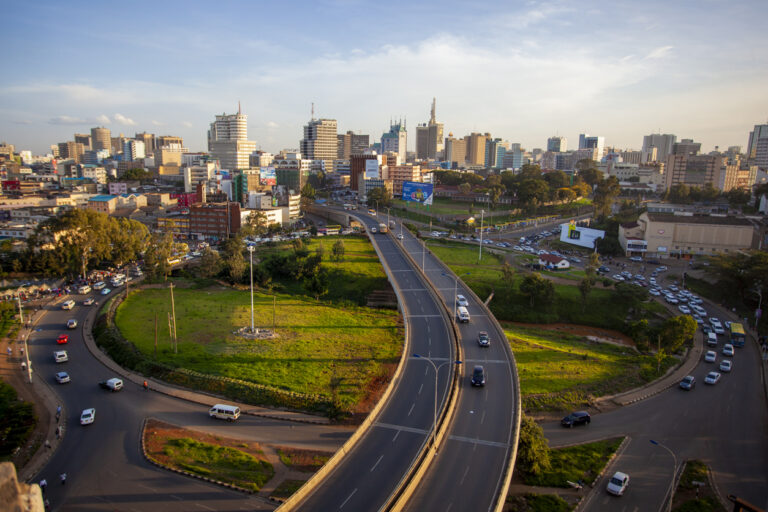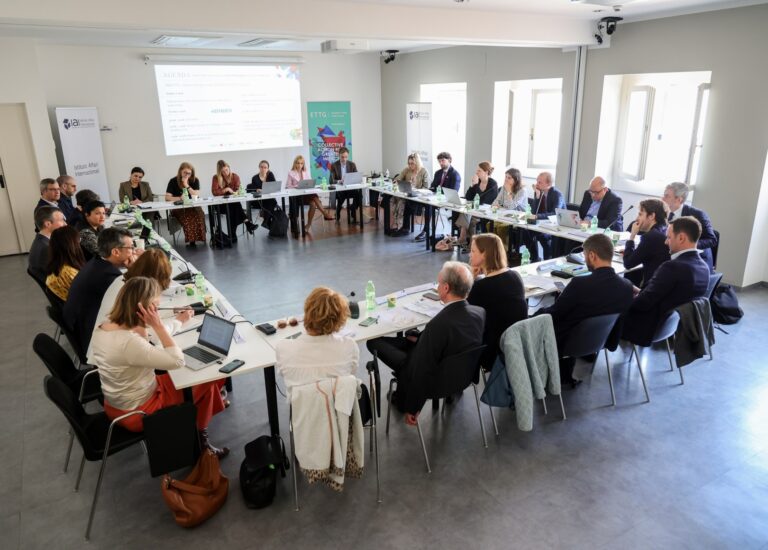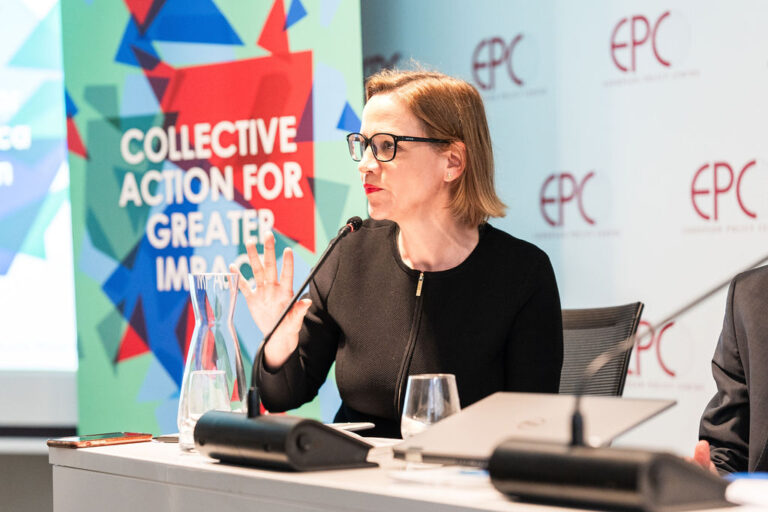
Leveraging Green Industrialisation for a Just Transition – Africa-Europe Cooperation
We are excited to announce the publication of a new ETTG policy brief titled “Leveraging Green Industrialisation for a Just Transition: Africa-Europe Cooperation.” This insightful brief authored by Damien Barchiche (IDDRI), Alfonso Medinilla (ECDPM), Catherine Kilelu (ACTS), Sébastien Treyer (IDDRI) and Chukwumerije Okereke, (CCCD) offers a comprehensive analysis of the








